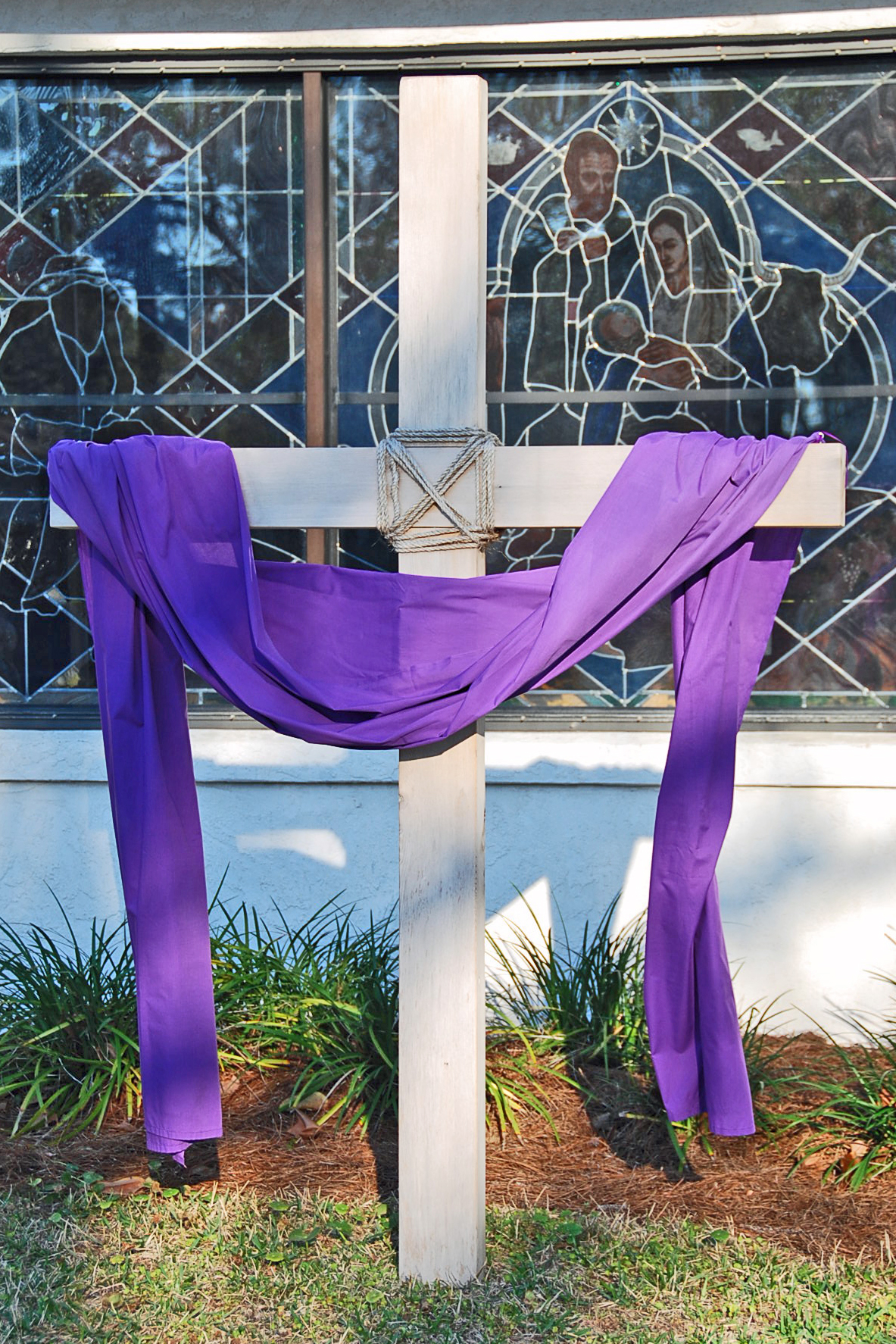She sets about her work vigorously;
her arms are strong for her tasks.
She is clothed with strength and dignity;
she can laugh at the days to come.
She speaks with wisdom,
and faithful instruction is on her tongue.
She watches over the affairs of her household
and does not eat the bread of idleness.
Her children arise and call her blessed;
her husband also, and he praises her:
Many women do noble things,
but you surpass them all.
Charm is deceptive, and beauty is fleeting;
but a woman who fears the LORD is to be praised.
Honor her for all that her hands have done,
and let her works bring her praise at the city gate.
Proverbs 31.17, 26-31
There is no vocation quite so much like being a monk as being a young mother. The goal of most monastic orders is to disavow yourself of every worldly ambition, to empty yourself of vain thought, and to devote yourself wholly to God.
That’s what every mother does, or at least attempts, for her children.
Perhaps by necessity (though that hardly robs them of their nobility), moms care little for themselves in comparison to the care they give their children. Their children are fed first, dressed first, given new clothes and new school things first. When the children are in need, moms drop their own work and attend to them. When the children are not in need, moms are typically at work preparing for what their children will need again soon.
When women enter a convent and take their vows to become nuns they are given a special uniform, called a habit. The habit represents total commitment to a holy order. Mothers wear habits – diaper bags and burp cloths – and live with their own kind of religious observation. The habit of motherhood is pressing, but good. The demands are endless, but the smiles, the snuggles, and the joys make the work worthwhile.
When I was a child, I would walk home from school and my mum would immediately stop whatever she was doing to make me tea and toast. I had thirteen years of tea, and most of toast as well. I always received two lumps of sugar, some milk, and a loving, attentive ear. Now I see my wife attend to my children, in different ways but with the same love. Jacob and Anna sit on stools at the counter, drinking hot chocolate and eating peanut butter crackers while they tell Carmel about which letter today was, or about math facts, or adjectives, or which classmate they will marry but never kiss.
If worship truly has the etymological root of “worth-ship”, by which we mean “giving value to something,” then isn’t this after-school ritual a kind of lesser worship? Moms ascribe worth and value to their kids every time they set their own work aside to drink tea.
And though it is all worth it, I don’t suppose anyone would be foolish enough to suggest that it’s easy to be a mom. Moms are tired. Their feet hurt. They can’t keep up with all the demands, and they wonder if anyone appreciates all that they do. Working moms find this difficult in several directions at once, and I think single moms have to be among the most holy and special people on earth.
It’s no surprise to me, then, that there are biblical allusions to God as our Mother (though they are typically either overlooked or quickly dismissed). Jesus compares the Father to a mother hen, and both Isaiah and Deuteronomy describe God as a comforting mother. Some will try to make a persuasive argument about gender in the Bible (either one way or another) based on passages like these, but that’s really missing the point. The purpose of these word-pictures is not doctrinal but pastoral. They are there to remind us that God cares for us, that He gives us our worth just as we in turn worship Him.
God is motherly, and by corollary, motherhood is godly.
As our understanding of God deepens so does our appreciation of our mothers, and of our requirement to show gratitude and affection for those who have given us life.
And for moms, remember that the fatigue you feel now will pass long before you lose the memories of your little children. Centuries after they had left the desert, the Hebrew people still told stories and sang about their experiences there. But they didn’t sing about how hard it was. They sang about the miracles they experienced with God.
The desert of your maternity is a miracle, and you will continue to celebrate the good times long after the hardships have passed.
This post is from Seasons of Christian Spirituality.
fossores
Related posts
Categories
Category Cloud
Tag Cloud
Recent Posts
- Victors and Victims November 6, 2018
- 3 Hacks for Happiness October 29, 2018
- Hope Against Death September 20, 2018
- The Shape Of The Cross September 19, 2018


